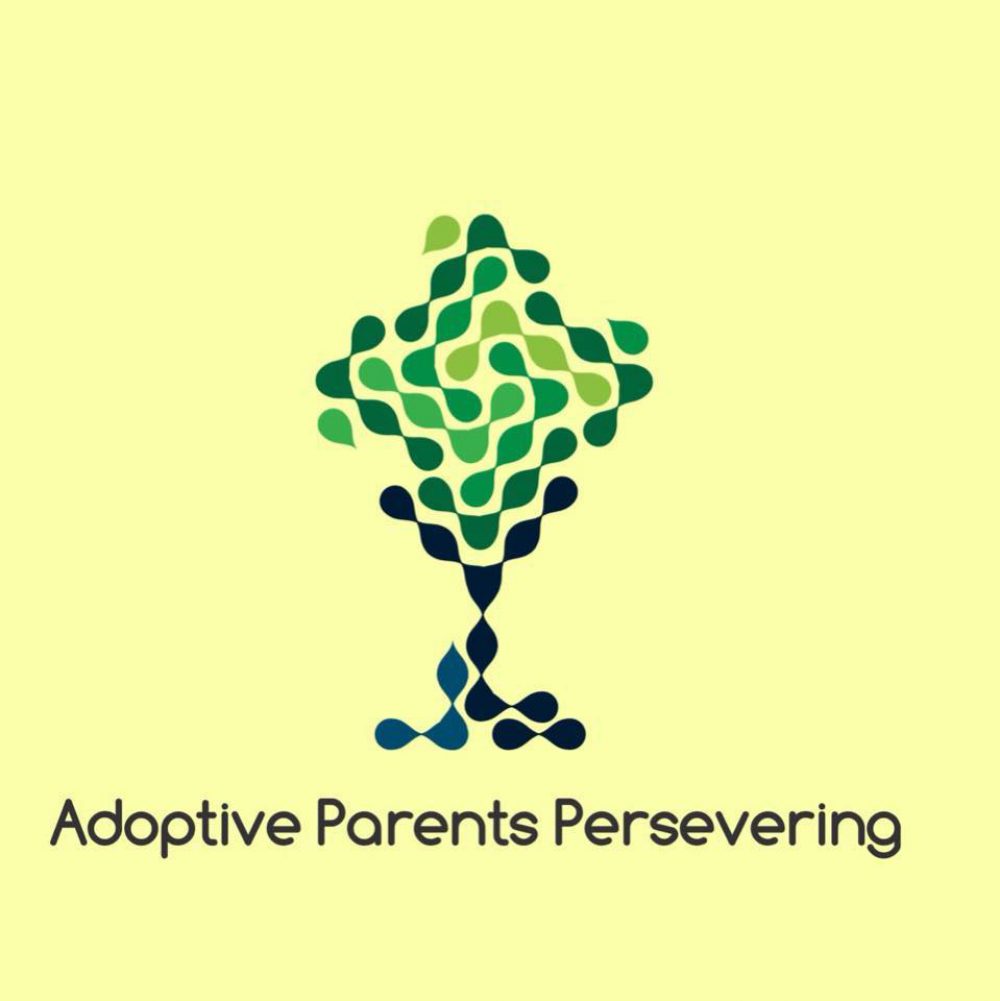An Open Letter Anna’s birthmother,
Dear N,
First, thank you for our oldest daughter. Thank you for carrying her and giving birth to her. We’ve been her parents and loved her for over 9 years now. It’s hard to believe she’s already 11.
I think about you a lot. Obviously I know more than I can mention here (we hired a private investigator to get the info for Anna in case she wants it someday). I feel sadness for you. I wonder what life must have been like for you. Maybe your parents were abusive or neglectful. Maybe they weren’t around. Maybe you weren’t cared for as a child and didn’t have the confidence to be a Mother. I wonder and worry about you in winter when it’s below freezing there in Siberia. Do you have electricity? Do you have running water now? Do you have food to eat?
On the hardest days, I’m angry with you. Why did you drink and smoke while pregnant? Why? Why did you terminate your rights and take Anna to an orphanage where she was abused and neglected? Maybe you don’t know about the abuse and neglect but according to my Russian friends- everyone there knows.
I wonder if you wonder about us. We haven’t told you about Anna’s challenges because of your choices. We haven’t told you what she’s dealt with and as a result, her aggression and how many have been affected by it. Do you know what it’s like to fight every single day for services for your child? Do you know what it’s like to be asked questions about her future that you can’t answer? Do you know how much we love her and that we will do anything for her, no matter how hard it might be? Do you know what it’s like to put your own feelings aside to do whatever is best for your child- even if that means she goes to school over 2,000 miles away? Do you know what it’s like for your own family and friends to judge you and have nothing to do with you anymore because they can’t comprehend any of this? We feel the same towards Anna as we do our biological children. If they needed help, we’d help them too- no matter what. Do you know what it’s like to have gone through so much that it makes you extremely hyper-vigilant in every aspect of life? I worry about things I’d never heard of before adopting Anna. Do you know how Anna’s life impacts the lives of her siblings? Her therapist? Her teacher? Her classmates?
I’ve felt every emotion imaginable towards you but as much as I can, I forgive you. I wish you could see how hard Anna tries on some days. I also wish you could see her when she’s not trying. I wish you could listen in on phone and skype calls, be CC’d on emails, and see her face-to-face too. I wish you could silently watch her go through her day and see how some of your choices while pregnant will affect her daily for the rest of her life.
I wish you could see her art work. Did you know she loves to draw horses and dragons? Did you know she’s so athletic and can play any sport? Do you know she has a beautiful singing voice? Did you know she loves spaghetti? Did you know she loves pickles? Did you know she wants to be the first female football player for the best NCAA football team? Did you know she’s learning how to be a friend? Did you know she’s trying to learn empathy? Did you know she’s on a special diet? Did you know that some days she wants to get better and some days she doesn’t want to try?
Despite everything, no matter how hard it is some days- I’m the one who is so very blessed. She calls me Mommy, she knows I’m the one person in the world who will never give up on her. Sometimes she tells me she loves me. Sometimes I get a glimpse of what the “real Anna” might be someday if she’s able to heal from her traumatic beginnings.
I’m still praying for you- and myself too.
Anna’s Mommy
Amanda Alexander, M.B.A.
Founder and Special Needs Advocate
Adoptive Parents Persevering (APPS)
https://www.linkedin.com/profile/view?id=95340641
https://www.facebook.com/AdoptiveParentsPersevering
